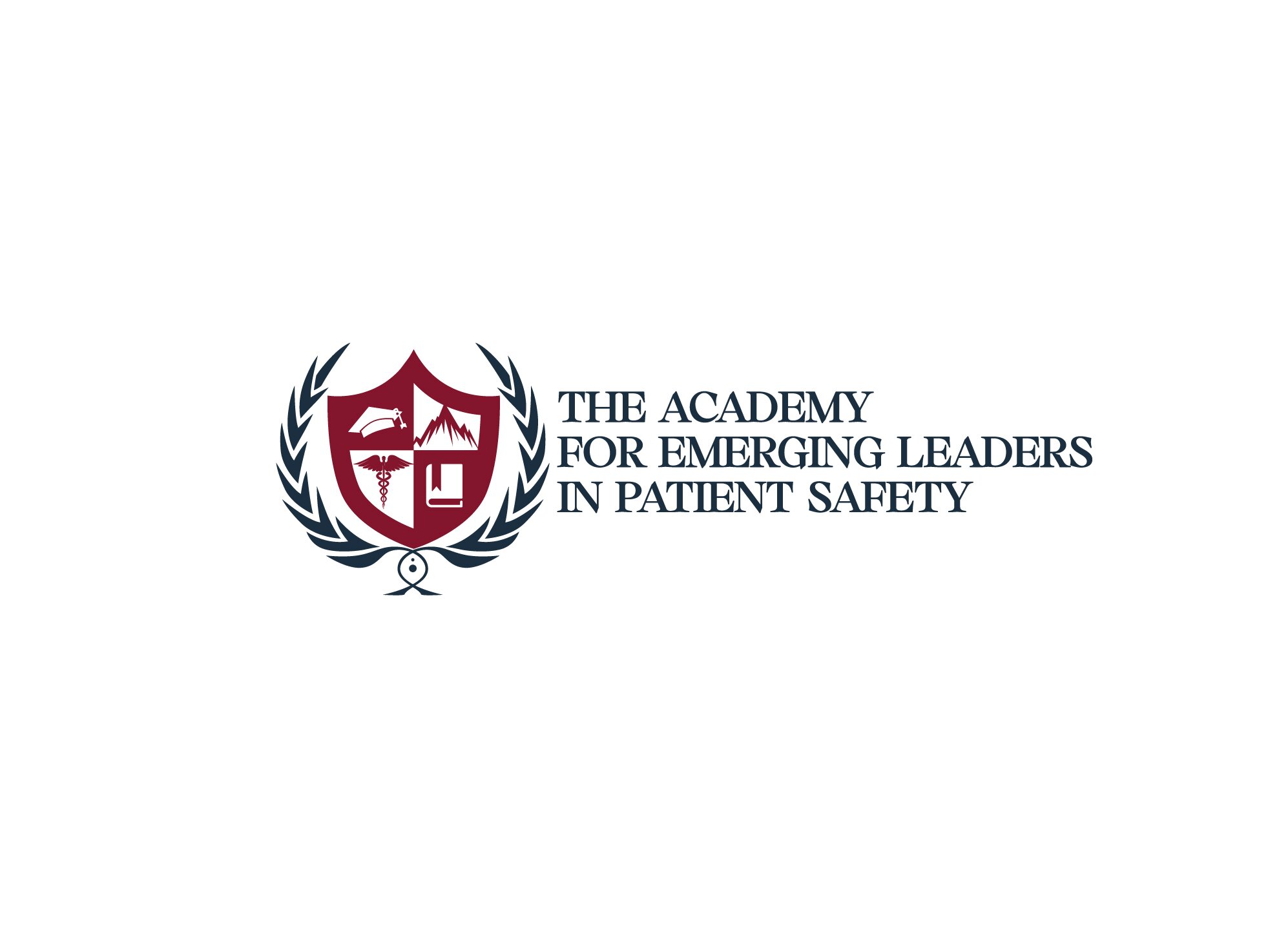My journey to medicine was not catalyzed by the admiration of a family doctor or brilliant surgeon. Rather, it was quite the opposite. Growing up, I never had a relationship with a physician. In fact, I was scared of going to the doctor. With my mother legally disabled and my father a traveling salesman, our lack of insurance often meant that a doctor’s visit put less food on our table. At fourteen I witnessed the effect of withholding care firsthand. My father, delaying a visit to the dentist, suffered from a badly infected tooth abscess. His infection ultimately spread to his blood, where he came within inches of death. Despite being a veteran and attending yearly appointments at our local VA Hospital, having previous dental care, and working hard to maintain good health, he found himself at the brink of what could have been the end of his life.
My… Continue reading














